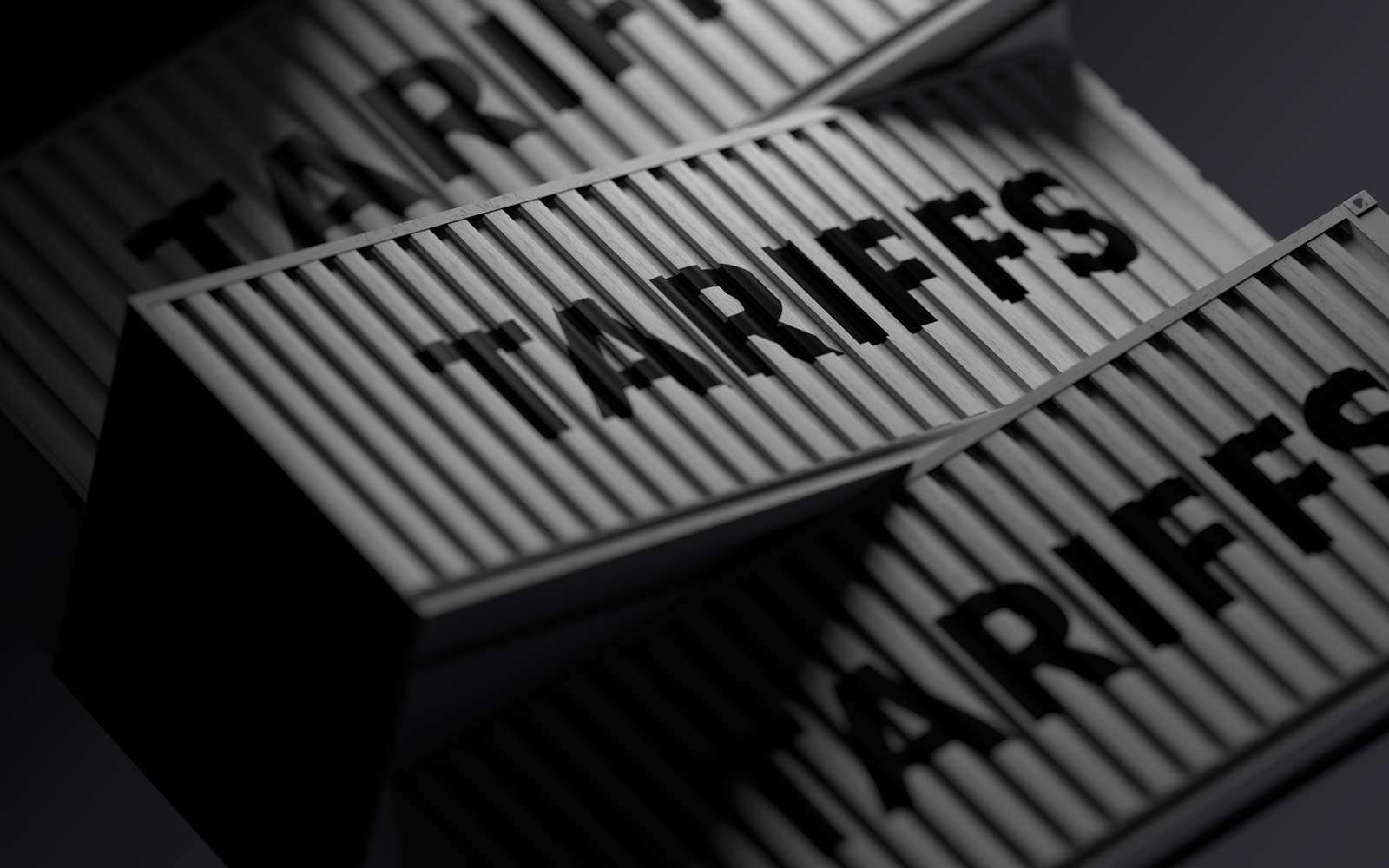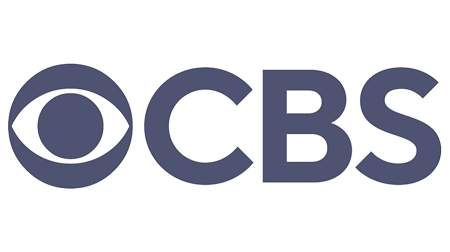Hope you are all doing well. Major U.S. stock indexes posted their steepest weekly declines since March 2020 as the United States imposed tariffs and China retaliated, triggering sell-offs on Thursday and Friday. The S&P 500 finished down more than 9% overall and 17% below the record high it set just six weeks earlier. The NASDAQ and Dow dropped around 10% and 8%, respectively. U.S. stock indexes finished this year’s first quarter with their biggest quarterly declines since 2022. The S&P 500 finished the quarter on Monday down around 4.6%. As for March, the index’s 5.8% decline was the biggest monthly setback since September 2022. As I said in Friday’ morning’s email I believe the wave of selling we saw on Friday could be the bottom of this drop. Market bottoms are difficult to call but I genuinely believe we are on the cusp of a rebound. In this weekend’s update I will take you through my thoughts on what the pundits are saying about tariffs.
Doomsday Pundits: Tariffs cause growth to come to a halt
The shock this week was the magnitude of the announced tariffs. It will be a headwind to U.S. economic growth, if they stay on long term. Tariffs pressure corporate profit margins through higher input costs and can weigh on household spending if inflation-adjusted incomes drop. Consumer-spending data has already shown some signs of slowing in the first months of 2025, and consumer sentiment is highly negative. That doesn’t mean people will stop spending. In fact we could see a front loading of big ticket item purchases as people try to get in their car purchases and appliance purchases before tariffs force companies to raise prices. In fact, if you’re already planning on making a large purchase that’s likely to be impacted, you can accelerate the purchase if you can afford to do it currently. The pundits aren’t completely wrong. Without a doubt tariffs if kept at these levels longer term will raise prices. Additionally, retaliatory measures, such as those taken by China, can weigh on activity in businesses that are reliant on exports to drive sales. The economy, corporate earnings and the labor market were all strong going into the tariff announcement so I don’t share their opinion that it will all just stop. I also don’t believe some of the tariffs will stay in the long term.
MAGA Pundits: Trump playing chess while others are playing checkers
Not the case at all he is trying to get countries to the negotiating table. The move is transparent and not at all unexpected or next level thinking. I believe he has no intention of keeping the country specific tariffs for the long term. The 10% across the board tariff I think he may keep. Time and time again, President Trump has shown a willingness to soften his stance when his adversaries genuflect. I think that is what will happen with most of the countries. We have already seen that most notably with Vietnam and Italy. Trump is counting on companies like the automakers absorbing some of the cost in the short run and not passing it off to consumers. We saw Chrysler, Dodge, Jeep, and Ram and Ford’s announced they are offering employee pricing, Trump is touting that as a win but it won’t stay in the victory column if he keeps the tariffs at current rates. Interest rates are down as well which is good for mortgage rates. This was not something he was trying to do. Despite what he may tweet he did not cause a market sell off to purposely bring down rates. It is a momentary silver lining which will fade if tariffs stay in place long term. The gamble Trump is making is that he will be able to get deals done over the next few months and the pain will be short term in nature. I think this might work because he has basically altered the rules of the game, knowing that most countries won’t risk getting in a trade war. If the strategy succeeds it will not be because he is playing chess while others are playing checkers. He is very much playing checkers but just not observing the rules, like a little kid who makes jumps that are not within the rules and then throws tantrums when you say that is not how you play. The difference is the U.S. is not a kid throwing tantrums, we are an 800 pound gorilla so I expect more countries to take the path of Vietnam and Italy
Globalist Pundits: It’s Hawley Smoot and McKinley Tariff 2.0
There is one key difference: Trump’s tariffs are being announced while the economy and labor market are in a position of strength. Both of those other tariffs were enacted during times of huge economic uncertainty. The McKinley tariff was enacted during the largest sovereign debt crisis of the 1800’s, the Baring crisis (the panic of 1890) and Hawley Smoot was enacted during the depression. The pundits are making the wrong comparison. The correct comparison to Trump and his tariffs is Warren Harding and the Fordney-McCumber tariff. I won’t bore you with a history lesson but just point out the 3 obvious similarities.
1) Many viewed Warren Harding’s landslide victory in 1920 as a repudiation of Woodrow Wilson’s internationalism and of the reforms of the Progressive era. Sound like this past election?
2) Secretary of the Treasury Andrew W. Mellon, one of the country’s richest men, drastically cut taxes, especially on the wealthy; he also cut federal spending to reduce the national debt, Sound like Musk and DOGE?
3) On the whole, the policies of the United States in the early 1920s were narrow and nationalistic. The U.S. did not cooperate with the League of Nations. It insisted that Europeans pay their American debts. They passed in 1922 the Fordney–McCumber Tariff, which raised duties so high that foreigners had great difficulty earning the necessary dollars. They did this under the guise of an immigration emergency. Immigration had reached pre-world war one levels (some 800,000 people entered the country between June 1920 and June 1921). Congress gave in to the protests of organized labor, which believed immigrants were taking jobs away from American citizens, and to the objections of business leaders and patriotic organizations, who feared that some of the immigrants might be radicals. Sound familiar?
The point is these tariffs coincided with the roaring twenties, the economy, the labor market and the stock market did not languish because of the tariffs and subsequent trade war with Europe, it boomed for much of the decade. It continued to boom because the tariffs were issued during a time of prosperity and strength not too different from where our economy and labor market are today. At the end of that decade the stock market crashed and the depression began but the tariffs were not the principal driver of the crash. The boom ended the way many booms end as a result of unchecked greed and lax regulation.
The calendar link below allows you to schedule a call as early as the next day. Please note, I will be away starting April 10 – April 21. I will be in the Philippines and will have very limited access to my phone or text, so please reach out via email. I will try to check my email throughout the day and respond but expect a slower than normal response time. I opened up additional hours for Monday and Tuesday and the two weeks after I return I will continue trying to speak to as many of you as possible. Keep calm, don’t panic, don’t sell. If there is a trade you absolutely need placed or a last minute IRA contribution or money movement request, you can call Schwab directly at 1-800-515-2157. Roth, SEP/Simple and Traditional IRA Contribution checks can be mail to:
Charles Schwab
1945 Northwestern Dr.
El Paso, TX 79912
(Reference your account number on the memo line of the check)





